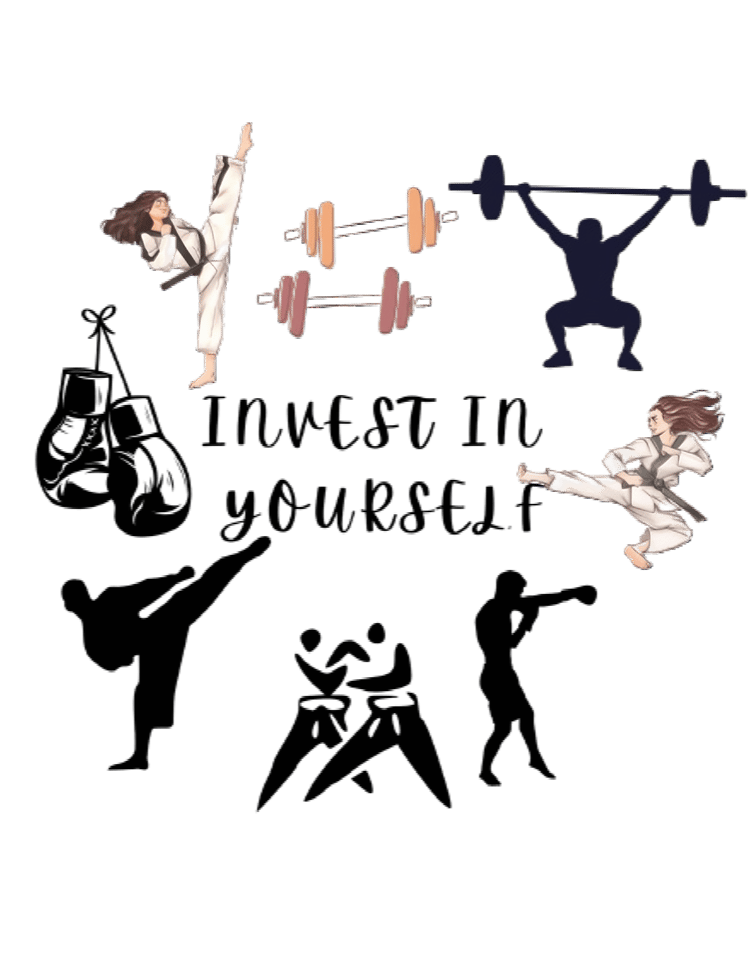Low self-esteem is a common struggle. Studies show that nearly 85% of people experience low self-worth at some point in their lives. This results in feelings of anxiety, depression, and a lack of motivation. Fortunately, self-love comes to the rescue and plays a vital role in overcoming these feelings. It means valuing yourself, treating yourself kindly, and prioritizing YOUR needs. Building self-love is crucial for overall happiness and well-being.Today, we’ll explore five easy ways you can practice self-love to become a more confident version of yourself.
Prioritize Self-Care: Nourishing Your Body and Mind
The Importance of Physical Health
Physical health is closely linked to mental well-being. Research indicates that regular physical activity can lead to a 30% decrease in depression symptoms. When you prioritize self-care, you not only improve your body but also enhance your mood.
Prioritizing Sleep and Nutrition
Good sleep and nutrition are essential for mood regulation. Here are some tips:
- Sleep Hygiene: Stick to a sleep schedule, create a calm environment, and avoid screens before bed.
- Mindful Eating: Focus on whole foods, drink plenty of water, and listen to your hunger cues. Ensuring you get enough sleep can drastically improve how you feel every day.
Incorporating Movement

Finding joy in movement is crucial. Experiment with different forms of exercise to see what you enjoy:
- Walking or jogging
- Dancing to your favorite songs
- Yoga or group classes
These activities can be tailored to any fitness level, making it easier to stay active.
Practice Self-Compassion: Treating Yourself with Kindness
Understanding Self-Criticism
Negative self-criticism can be draining. Instead of motivating you, it leaves you feeling worthless.
“Self-compassion is about being warm and understanding toward ourselves when we suffer, fail, or feel inadequate.” -Psychologist Kristin Neff

Challenging Negative Self-Talk
When negative thoughts arise, use these actionable steps:
- Recognize Negative Thoughts: Pay attention when negative self-criticism strikes.
- Replace with Positive Affirmations: For example, if you think, “I’m not good enough,” change it to, “I am doing my best.”
- Example: After a tough day, instead of dwelling on mistakes, remind yourself of one positive thing you accomplished.
Forgiving Yourself for Mistakes
Letting go of past regrets is vital. Techniques like writing a letter to yourself, acknowledging the lesson learned, or meditating on self-forgiveness can help you move forward.
Set Boundaries: Protecting Your Time and Energy
Identifying Your Limits
Recognizing personal limits is key to maintaining your mental health. Think about what drains you and what recharges your energy.
Learning to Say "No"
Setting boundaries isn’t selfish; it’s necessary. Here’s how:
- Practice assertive communication by using “I” statements.
- Example: Instead of saying, “You always ask too much of me,” say, “I have other commitments I need to focus on.”
Protecting Your Time
Managing your time effectively helps prevent burnout. Make a weekly plan, prioritize tasks, and don’t hesitate to say no to overcommitment.
Engage in Activities You Enjoy: Cultivating Your Passions
Identifying Your Hobbies and Interests
Take time to explore what you love. Whether it’s painting, hiking, or playing an instrument, discovery is key.
Scheduling Time for Fun
Time for leisure is essential. Block out time in your calendar for hobbies, just like you would for work or family.
The Benefits of Engaging in Activities You Love
Participating in enjoyable activities boosts mood and self-esteem. Studies show that people who engage in hobbies report a 70% increase in life satisfaction. Isn’t it incredible how simply doing what you love can make you happier?
Practice Gratitude: Focusing on the Positive
Keeping a Gratitude Journal
Daily gratitude journaling can shift your perspective. Write down three things you are grateful for daily. This simple habit can increase positivity.
Noticing the Good Things in Life
Strive to notice the little joys. This could be a sunny day, a delicious meal, or a compliment from a friend. Focusing on the positive can create a healthier mindset.
Expressing Gratitude to Others
Don’t forget to show appreciation to those around you. Thanking friends or loved ones boosts your self-esteem and strengthens relationships.

Conclusion
Practicing self-love is vital for building confidence and improving overall well-being. By prioritizing self-care, practicing self-compassion, setting boundaries, engaging in activities you enjoy, and practicing gratitude, you can cultivate a positive relationship with yourself. Start on the journey of self-love today—embrace who you are, and watch your confidence grow!



Comments ()